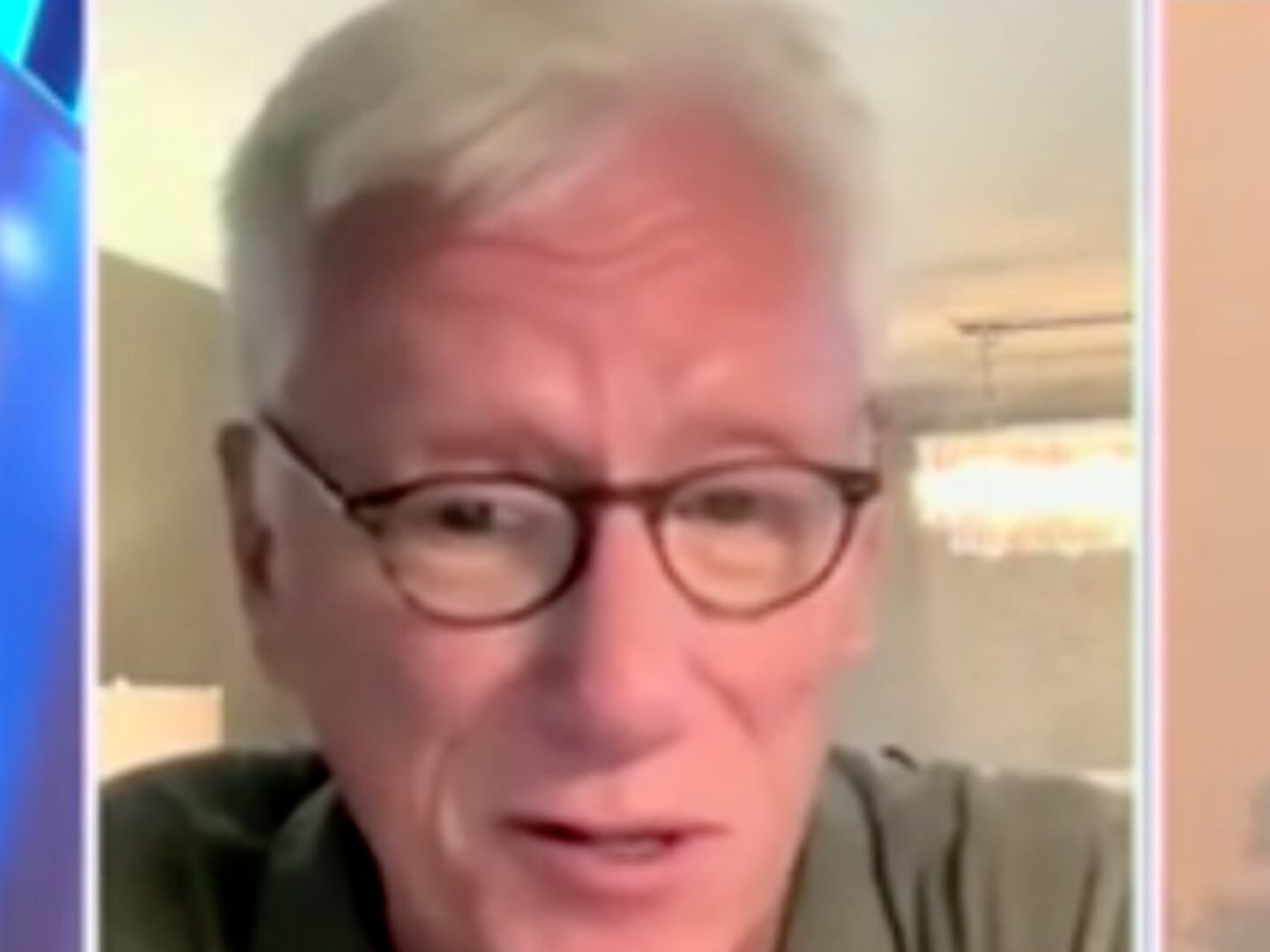World
Photo Illustration by The Daily Beast
The Gay Porn Star Spy Who Pledged Allegiance To ISIS
CLOAK AND DAGGER
One of the strangest tales of espionage, or counter-espionage, or maybe it was fantasy espionage, in the recent annals of Western intelligence.

Trending Now




